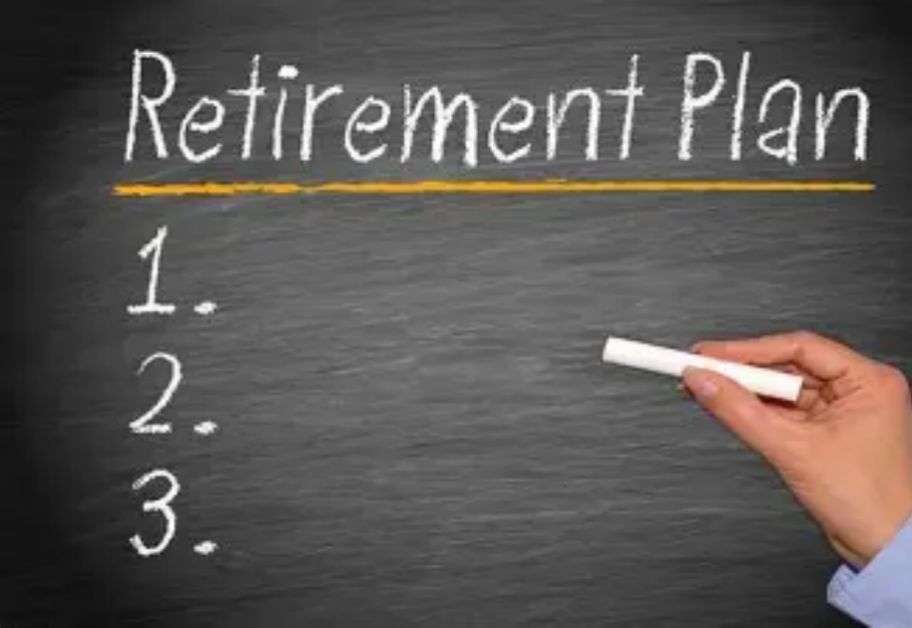For those who can afford to spend more, retirement might feel far away at the age of 30. However, planning wisely now can lead to a comfortable and enjoyable life after work. Instead of following typical saving tips, this guide reveals advanced strategies designed to protect your future while allowing you to maintain your present way of living.
Rethinking Retirement Goals Beyond Basics
Wealthy individuals typically have more complex retirement goals compared to the typical person. Rather than just seeking a simple income to replace what they earn, they picture a retirement that includes luxurious travel, ongoing access to top-tier healthcare, and support for charity work. It’s essential to estimate the yearly spending required to sustain this lifestyle, taking into account inflation for expensive housing, private club fees, and premium recreational activities. By outlining these specific goals, you can create a more focused savings strategy.

Alternative Investments for Long - Term Growth
Explore investment options beyond the usual stocks and bonds. Young professionals in their 30s, with a penchant for spending, can delve into alternative investments that promise high growth. Sectors like sustainable luxury and biotechnology in private equity offer the opportunity to engage in innovative businesses while achieving significant long-term profits. Another interesting avenue is tokenized real estate, which lets you hold a share in prime properties around the globe. These digital assets enhance liquidity and provide variety, allowing you to create an international real estate portfolio without needing to own large properties outright.

Additionally, collectibles can act as an unconventional way to save. Items like rare wines, vintage cars, and fine art not only increase in value over time but also resonate with the interests of many wealthy individuals. By thoughtfully building a collection, you can appreciate these assets during your career and sell them later in retirement for a considerable amount.
Leveraging Tax - Advantaged Structures
Utilize sophisticated tax-planning techniques to boost your savings. Rather than depending only on regular retirement plans, look into options such as self-directed solo 401(k)s or Health Savings Accounts (HSAs) that offer high contribution limits. Individuals with high incomes might also benefit from using captive insurance companies. These private firms can protect you from certain risks while also serving as a means to save on taxes. By arranging your finances in a way that is tax-efficient, you can keep a larger portion of your earnings for your retirement savings.
Lifestyle - Aligned Savings Tactics
Expensive spending habits don’t have to negatively impact your retirement plans. You can find inventive ways to include savings in your daily life. For instance, when you decide to buy luxury items, opt for things that hold long-term value, like top-quality designer furniture that can be sold later for a good amount or valuable jewelry. Work on negotiating loyalty rewards with upscale retailers and service providers, so you can gather benefits that can boost your retirement savings.Another strategy is to leverage your spending power to create extra income. If you love to travel, think about becoming an affiliate with luxury travel companies, allowing you to earn commissions through referrals. In this way, your lifestyle choices can actually help grow your retirement fund.
Dynamic Portfolio Management
As you move through your 30s and into the future, it’s essential to adjust your investment portfolio. Collaborate with a group of experienced financial advisors who are knowledgeable about high-net-worth investing. They will assist you in regularly rebalancing your portfolio, considering market movements, shifts in your risk appetite, and changing retirement aspirations. Employ advanced risk management strategies, like options and hedging methods, to safeguard your savings from market fluctuations while also seizing growth prospects.

In summary, planning for retirement in your 30s doesn’t require you to give up your current high-spending lifestyle. By redefining your objectives, looking into alternative investments, using tax-friendly options, incorporating savings into your daily routine, and managing your portfolio actively, individuals with high expenses can create a solid financial base for a relaxed and luxurious retirement.


